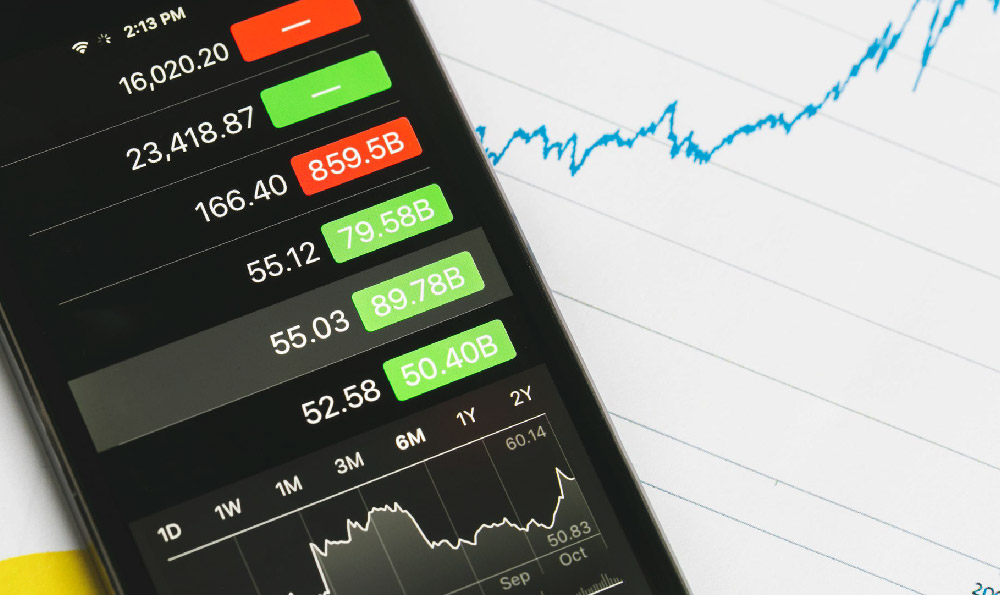Okay, here's an article addressing the question of whether buying an apartment in NYC is a good investment and if it will pay off, aimed at providing comprehensive insights and analysis.
The allure of owning a piece of the Big Apple is undeniable. The prestige, the stability, the potential for appreciation – all these factors contribute to the enduring dream of owning an apartment in New York City. However, transforming that dream into reality requires a clear-eyed assessment of the financial implications and a realistic understanding of the unique characteristics of the NYC real estate market. Whether buying an apartment in NYC is a “good” investment, and ultimately whether it “pays off,” depends on a multitude of factors and requires careful consideration.
One of the first hurdles is the sheer cost of entry. New York City consistently ranks among the most expensive real estate markets globally. The initial purchase price, of course, is a significant factor. However, it's crucial to remember that this is just the beginning. Beyond the down payment (typically ranging from 10% to 20%), potential buyers must factor in closing costs, which can include attorney fees, title insurance, mortgage recording tax, and other expenses that can easily add thousands, or even tens of thousands, of dollars to the upfront investment.

Once you’ve crossed the initial financial threshold, the ongoing costs of ownership loom large. Property taxes in NYC are substantial and vary depending on the location, type of property, and assessed value. Common charges (in co-ops) or condo fees (in condominiums) cover the building’s operating expenses, such as maintenance, staff salaries, insurance, and utilities for common areas. These fees can range from a few hundred dollars to several thousand dollars per month, significantly impacting your monthly budget. Don’t forget the costs of homeowners insurance, which protects your investment from damage or loss. Maintenance and repairs are also inevitable and can range from minor fixes to major renovations, demanding a contingency fund to avoid unexpected financial strain.
The type of apartment also plays a crucial role. Cooperatives (co-ops) are generally less expensive than condominiums (condos) but come with stricter rules and regulations. Co-ops typically require a more substantial down payment, have stringent application processes, and may restrict subletting. Condos offer greater flexibility and ownership rights but usually command higher prices. Another option, although less common, is a condop, which is a co-op building that operates under condo rules. Each type presents unique investment opportunities and challenges.
Market dynamics also significantly impact the profitability of a NYC apartment. The city’s real estate market is notoriously volatile, influenced by economic trends, interest rates, demographic shifts, and even global events. A booming economy, low interest rates, and increased demand can drive up prices, leading to significant appreciation. Conversely, economic downturns, rising interest rates, or a decline in population can lead to price stagnation or even depreciation. It's essential to research the specific neighborhood you are considering and understand its historical performance and future prospects. Proximity to transportation, schools, amenities, and cultural attractions can significantly influence property values.
Beyond the pure financial considerations, personal factors must also be weighed. How long do you plan to live in the apartment? If you anticipate moving within a few years, the transaction costs associated with buying and selling might outweigh any potential appreciation. Is this your primary residence or an investment property? If it's an investment property, you’ll need to consider rental income potential, vacancy rates, and the complexities of managing a rental unit.
The "pay off" aspect isn't solely defined by monetary gains. Owning an apartment in NYC can provide a sense of security, stability, and community. It can also be a source of pride and satisfaction. However, if you are solely focused on maximizing financial returns, there may be more lucrative investment options available, such as stocks, bonds, or other real estate markets with lower entry costs and higher growth potential.
To determine if buying an apartment in NYC is a sound investment for you, conduct thorough research, analyze your personal financial situation, and seek professional advice from real estate agents, financial advisors, and attorneys. Consider running a detailed cost-benefit analysis, factoring in all expenses, potential rental income (if applicable), and realistic appreciation estimates. Explore different neighborhoods and apartment types to find the best fit for your needs and budget.
In conclusion, the question of whether buying an apartment in NYC is a good investment and will pay off is not a simple yes or no answer. It’s a complex equation with numerous variables. By carefully evaluating the financial implications, understanding the market dynamics, and aligning your investment goals with your personal circumstances, you can make an informed decision that maximizes your chances of success and transforms the dream of owning a piece of New York City into a rewarding reality. While the investment is significant, the potential for long-term appreciation, stability, and personal fulfillment can make it a worthwhile endeavor for the right individual with the right approach.












